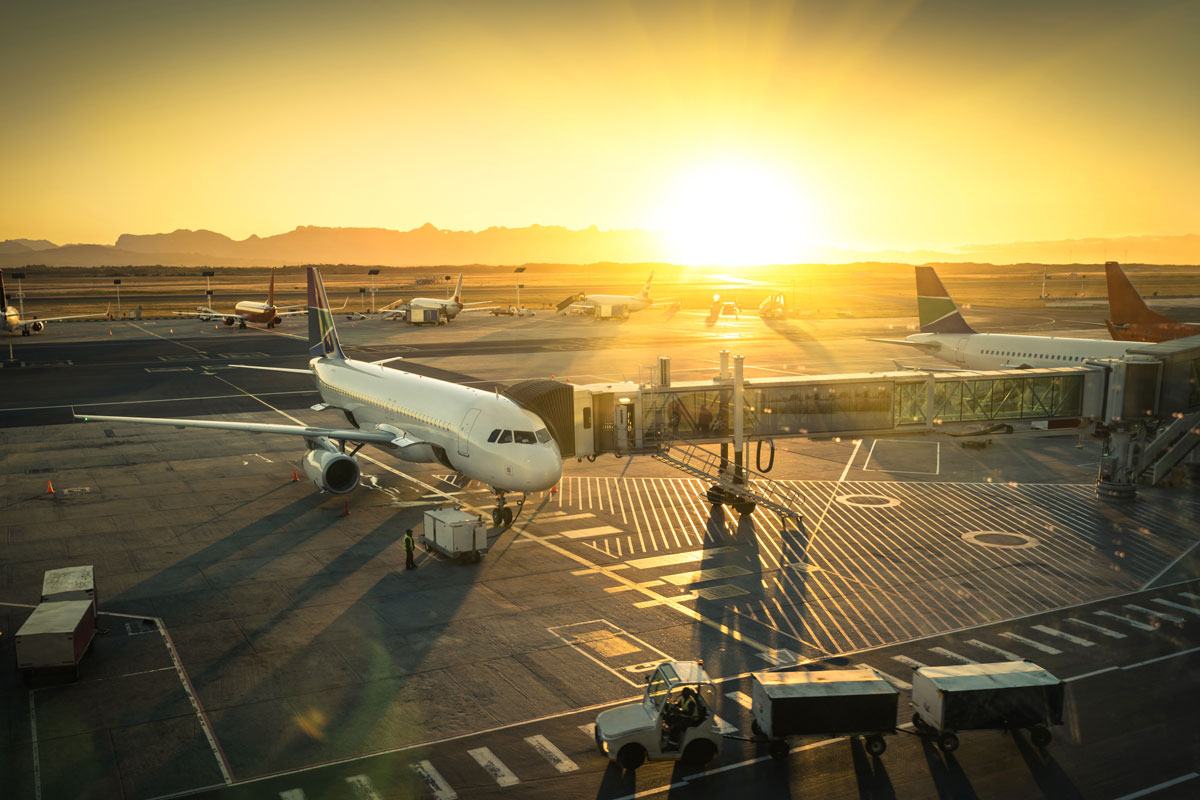The estimation by the United Nations this week that the coronavirus epidemic may have cost the global tourism industry $320 billion and effected the livelihoods of millions of people between January and May plus the projection by the International Air Transport Association that the rebound in the global airline industry may not happen before 2024 ~ an year later than earlier believed ~ together paint a picture of abject gloom.
The Madrid-based World Tourism Organisation has projected that the sector’s losses are thrice as much as those suffered during the Global Financial Crisis of 2009. International tourist arrivals fell by 300 million, or 56 per cent, during the period as lockdowns hit the industry. Overall, the organisation has predicted that international tourist arrivals could plunge by between 60 and 80 per cent in 2020 and has emphasised that the data makes clear the importance of reopening international borders.
This depressing news comes even as nations around the world adopt varied approaches to opening up, many worried that any easing up could see a resurgence in infections. The projections of the UN body are in line with those of IATA, which has revised its 2020 numbers forecast to a decline of 56 per cent, as compared to the 46 per cent drop it had foreseen in April. Passenger numbers dropped by 91 per cent in May and by 86.5 per cent in June. IATA has voiced concern at two factors that may continue to plague the airline business.
The first is the cost of Covid testing, made mandatory for air travellers by many countries and which can go up to several hundred dollars. For a family on holiday, the costs can be restrictive, especially if there is a requirement to get tested at the beginning and end of travel. The second factor is the uncertainty with travel rules in different countries which makes planning difficult; IATA has cited the surprise announcement by Britain to quarantine arrivals from Spain which effectively puts paid to travel plans of many Britons who choose mid-priced destinations such as Mallorca, Ibiza and Formentura.
Overall, Spain is Britain’s favourite travel destination, which explains the consternation at the new restriction. Some countries have sought to encourage domestic tourism to circumvent international restrictions. But even this is troublesome in countries such as India, where individual states impose restrictive conditions or, worse, change the rules with alarming frequency. Uttarakhand, a favourite summer destination for north Indians, for instance imposes 14-day home quarantine on asymptomatic tourists from cities that do not have a high Covid load, and 7 days institutional quarantine followed by 7 days of home quarantine for those from high Covid-load areas.
This effectively kills any plans for a short holiday or a weekend break. West Bengal with its twicea- week lockdown rules similarly makes tourism a non-starter. If this vital sector of the economy, which employs millions of people, is to revive it will require interventions at the national and global level. Without consistent and reasonable rules, the industry seems doomed.












